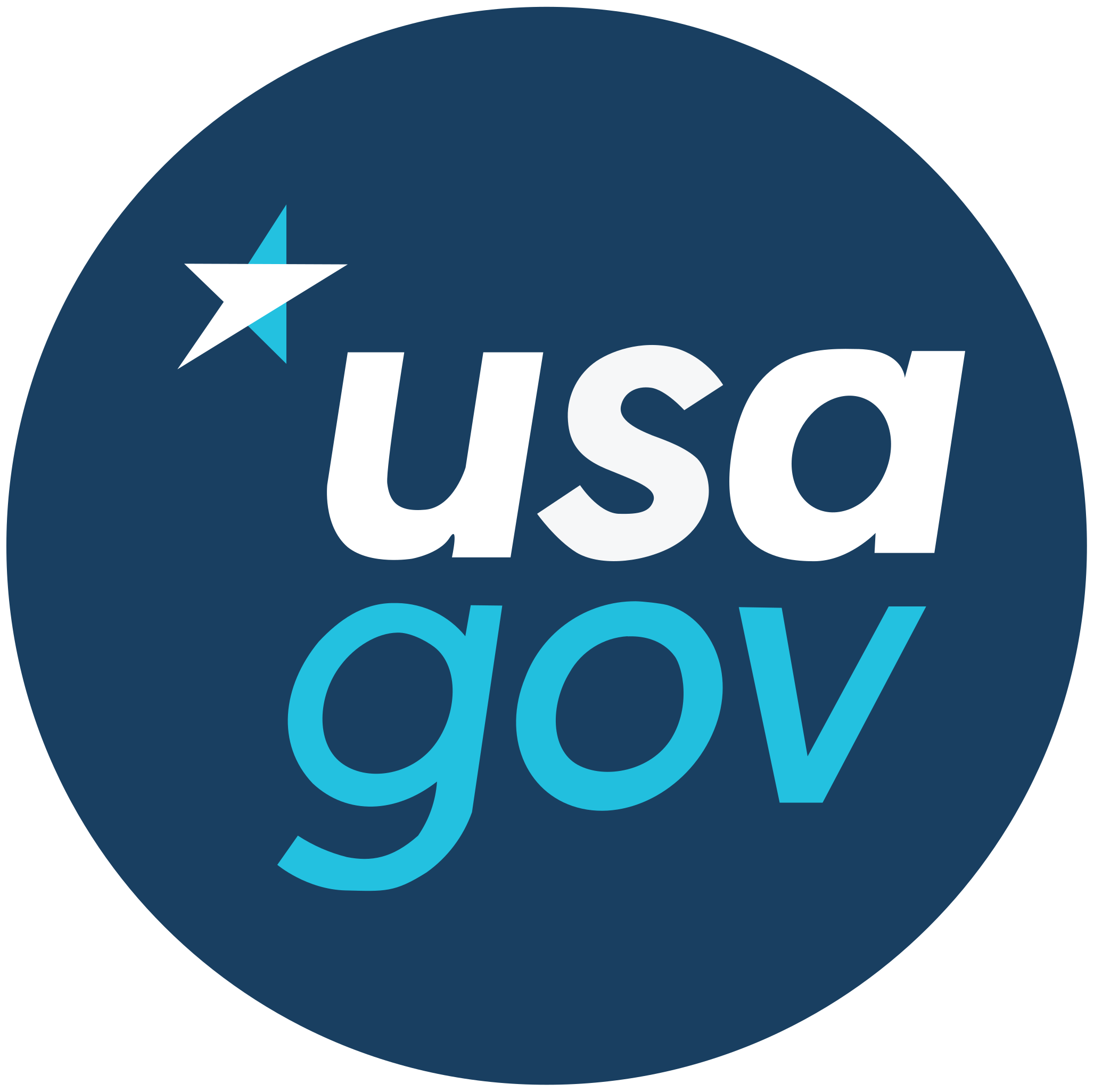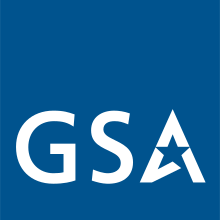Company Directory - U.S. Federal Government
Company Details - U.S. Federal Government

U.S. Federal Government
WebsiteWashington, D.C., United States
The federal government of the United States is the national government of the country, comprising three branches: executive, legislative, and judicial. It is responsible for domestic and foreign policy decisions and provides various services to citizens.
CCI Score
CCI Score: U.S. Federal Government
-11.68
0.02%
Latest Event
US Tariff Policy Breaches NATO Economic Commitments
Following President Trump's announcement of sweeping tariff increases on NATO countries, critics – including Norwegian Foreign Minister Espen Barth Eide – argue that the U.S. Federal Government is violating NATO's founding principles of economic cooperation. The tariffs, seen as protectionist measures, risk undermining allied unity and democratic norms.
Take Action
So what can you do? It's time to make tough choices. Where will you cast your vote?
- Shop Alternatives
SEE ALL - Use Your Voice
OTHER TOOLS - Investigate
- Share the Score
SUPPORT CCI
ENABLER
U.S. Federal Government is currently rated as an Enabler.
Latest Events
 APR032025
APR032025Following President Trump's announcement of sweeping tariff increases on NATO countries, critics – including Norwegian Foreign Minister Espen Barth Eide – argue that the U.S. Federal Government is violating NATO's founding principles of economic cooperation. The tariffs, seen as protectionist measures, risk undermining allied unity and democratic norms.
 APR012025
APR012025The bipartisan Protect America’s Workforce Act, introduced on April 1, 2025, seeks to overturn President Trump’s executive order that canceled collective bargaining agreements at multiple federal agencies. This legislative effort by members of Congress aims to reestablish union rights for federal employees and strengthen public service accountability.
+70
Public and Political Behavior
April 3
The legislative move to reverse an executive order that curtailed federal unions demonstrates a commitment by the U.S. Government to uphold democratic principles and ensure channels for public service feedback. This political behavior counters authoritarian tendencies by promoting transparency and accountability in government operations.
House bill seeks to reverse Trump’s order on collective bargaining at agencies
+80
Labor Relations and Human Rights Practices
April 3
Restoring collective bargaining for federal employees directly supports labor rights and improves working conditions. This action benefits public workers by reinstating structured negotiations that protect them from unilateral administrative decisions, thereby reducing authoritarian control over workforce policies.
House bill seeks to reverse Trump’s order on collective bargaining at agencies
 MAR282025
MAR282025President Trump signed an executive order on March 28, 2025, ending collective bargaining for large segments of federal employees across 20 agencies. This move, affecting over one million workers, has been widely criticized as an attack on labor rights and a consolidation of authoritarian control within the federal workforce.
-75
Executive Political Engagement
April 3
The executive order, issued by President Trump, exemplifies a politicized use of executive power to dismantle union protections for federal employees. This action not only undermines collective bargaining rights but also signals a broader agenda of authoritarian control over labor policies, negatively impacting democratic governance.
-80
Labor Relations and Human Rights Practices
April 3
The order removes collective bargaining rights for a significant portion of federal employees, thereby eroding fundamental labor protections and worker rights. This policy is viewed as a deliberate union-busting tactic that undermines the ability of workers to advocate for fair and safe working conditions, aligning with authoritarian priorities over democratic labor representation.
 MAR282025
MAR282025On March 28, 2025, President Trump signed an executive order ending collective bargaining rights for federal employees across multiple agencies, including the Departments of State, Defense, Justice, and Health and Human Services. This move, justified by national security concerns, has been widely criticized by labor unions for undermining workers' rights and targeting union opposition.
-70
Executive Political Engagement
April 3
The executive order represents an authoritarian exercise of executive power by the government, where the decision to restrict collective bargaining rights signals a disregard for democratic labor processes and an alignment with repressive political objectives. This action undermines the rights of federal employees and reflects a broader hostile stance against union opposition.
Trump signs executive order ending collective bargaining rights for many federal workers
-80
Labor Relations and Human Rights Practices
April 3
By dismantling collective bargaining rights, the order directly undermines federal workers’ ability to negotiate fair terms and protect their interests. This represents a severe blow to labor rights, suggesting a deliberate effort to weaken union opposition and worker protections, which further supports authoritarian policies.
Trump signs executive order ending collective bargaining rights for many federal workers
 MAR072025
MAR072025The article details enhanced surveillance measures imposed on U.S. federal employees using government-issued devices, highlighting the deployment of AI-powered monitoring tools and tracking capabilities that may suppress dissent and whistle-blowing. It emphasizes concerns that these measures, influenced by political dynamics including signals from the Trump administration, undermine privacy and labor rights.
-30
Executive Political Engagement
April 3
The article links the surveillance measures to political motivations including directives from the Trump administration, suggesting that such executive actions represent an authoritarian approach that chills dissent among federal employees.
-40
Labor Relations and Human Rights Practices
April 3
The increasing surveillance practices compromise the privacy and rights of federal employees, creating an environment that undermines labor relations and worker rights, and discourages whistle-blowing and political dissent.
-50
Provision of Repressive Technologies
April 3
The use of AI-powered tools and comprehensive digital tracking in federal workplace surveillance constitutes a significant deployment of repressive technologies, which serve to control and monitor employee behavior in an authoritarian manner.
 SEP232024
SEP232024A government watchdog report by the U.S. Commission on Civil Rights highlights how federal agencies, including the FBI, DHS, ICE, and others, are deploying facial recognition technology in unregulated ways that result in privacy violations, wrongful arrests, and discriminatory impacts on marginalized communities.
-80
Provision of Repressive Technologies
April 3
The report details the deployment of facial recognition technology by multiple federal agencies without rigorous oversight. This technology has been shown to disproportionately affect women, people of color, and other marginalized communities, facilitating state surveillance and authoritarian practices.
Watchdog rings alarms bell on disparities in law enforcement AI tool
 NOV072023
NOV072023The U.S. Federal Government is set to undergo reforms following the introduction of the Government Surveillance Reform Act of 2023 by lawmakers, which aims to end warrantless surveillance practices by enforcing stricter warrant requirements on surveillance technologies and procedures.
+80
Public and Political Behavior
April 3
The legislative act represents a significant move in curbing the U.S. Federal Government’s historically broad surveillance practices. By mandating warrants for various surveillance technologies and updating outdated provisions, the act reinforces democratic accountability and civil liberties, aligning with anti-authoritarian values.
Government Surveillance Reform Act of 2023 Seeks to End Warrantless ...
+50
Technology and Services Impact
April 3
The act targets the repressive use of surveillance technology by requiring law enforcement and intelligence agencies to obtain warrants before employing tools like cell-site simulators. This move limits the unchecked technological capabilities previously used to infringe on citizens' privacy and democratic rights.
Government Surveillance Reform Act of 2023 Seeks to End Warrantless ...
 JUN092023
JUN092023On June 9, 2023, the US Department of Defense issued an interim rule amending the DFARS requirements, shifting from a forced labor 'certification' to a forward‐looking 'representation'. This rule, along with updates from DHS, CBP, and the Forced Labor Enforcement Task Force under the UFLPA, mandates that government contractors perform rigorous supply chain due diligence to ensure that products manufactured with forced labor from regions such as Xinjiang are not used in defense contracts. The measures emphasize accountability and proactive steps to protect worker rights and prevent exploitation.
+75
Labor Relations and Human Rights Practices
April 3
The new forced labor measures require defense contractors to ensure they do not use products produced with forced labor, thereby reinforcing standards for worker rights and human dignity. This proactive regulation supports marginalized communities and prevents exploitation in the supply chain, aligning with anti-authoritarian values.
New US Government Forced Labor Actions - National Law Review
+85
Supply Chain Ethics
April 3
By mandating a good faith due diligence representation from contractors on forced labor, the US government is strengthening supply chain ethics. This measure not only protects workers from exploitation but also ensures that companies maintain ethical sourcing practices, which is crucial for combating authoritarian labor practices.
New US Government Forced Labor Actions - National Law Review
 MAR292023
MAR292023President Biden signed an Executive Order prohibiting the U.S. Government from operationally using commercial spyware tools that pose significant national security risks and could be misused for repression. The order aims to protect government personnel, uphold democratic processes, and prevent the misuse of surveillance technology by both authoritarian and repressive actors.
+80
Executive Political Engagement
April 3
By signing the executive order, the U.S. Federal Government demonstrates strong executive political engagement. This decisive move to prohibit the use of potentially repressive commercial spyware reflects a commitment to uphold democratic norms, human rights, and transparency, safeguarding against government complicity in oppressive surveillance practices.
+75
Provision of Repressive Technologies
April 3
The executive order directly addresses the risks associated with commercial spyware—a technology known for its invasive capabilities and potential for misuse. By banning its operational use by federal agencies, the order reduces the likelihood of government-enabled surveillance abuses, thereby mitigating the proliferation of repressive technologies and supporting civil liberties.
 AUG062020
AUG062020The article details how the U.S. Federal Government is employing advanced surveillance technologies—including facial recognition, AI-driven social media monitoring, and geofencing—to monitor protests and minority communities. These practices, accelerated under the Trump administration and continuing in current policies, echo tactics found in authoritarian regimes and raise significant civil liberties and transparency concerns.
-75
Public and Political Behavior
April 3
The government’s use of extensive surveillance, including heavy-handed responses during protests and monitoring of minority communities, reflects an overreach in public and political behavior. This authoritarian approach undermines democratic norms and civil liberties.
New Technologies, New Problems – Troubling Surveillance Trends in America
-80
Provision of Repressive Technologies
April 3
The deployment of repressive technologies, such as flawed facial recognition systems and invasive AI-powered surveillance tools, demonstrates a willingness to adopt measures that mirror those of authoritarian states. These actions risk entrenching systemic biases and eroding privacy rights.
New Technologies, New Problems – Troubling Surveillance Trends in America
Alternatives

Washington, D.C., United States
-0.28

United States
-22.40

Riyadh, Saudi Arabia
-58.35
United States
72.27

New York, United States
28.74

National City, United States
26.11

Washington, D.C., United States
-11.27

United States
-37.88

Port Louis, Mauritius
-0.73

Parramatta, Australia
-3.43
Industries
- 921110
- Executive Offices
- 921120
- Legislative Bodies
- 921130
- Public Finance Activities
- 921190
- Other General Government Support